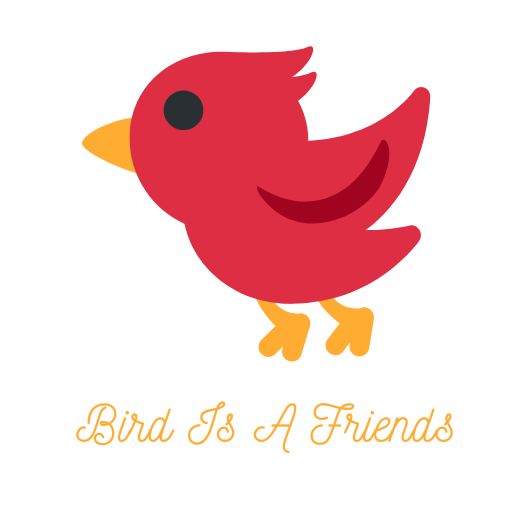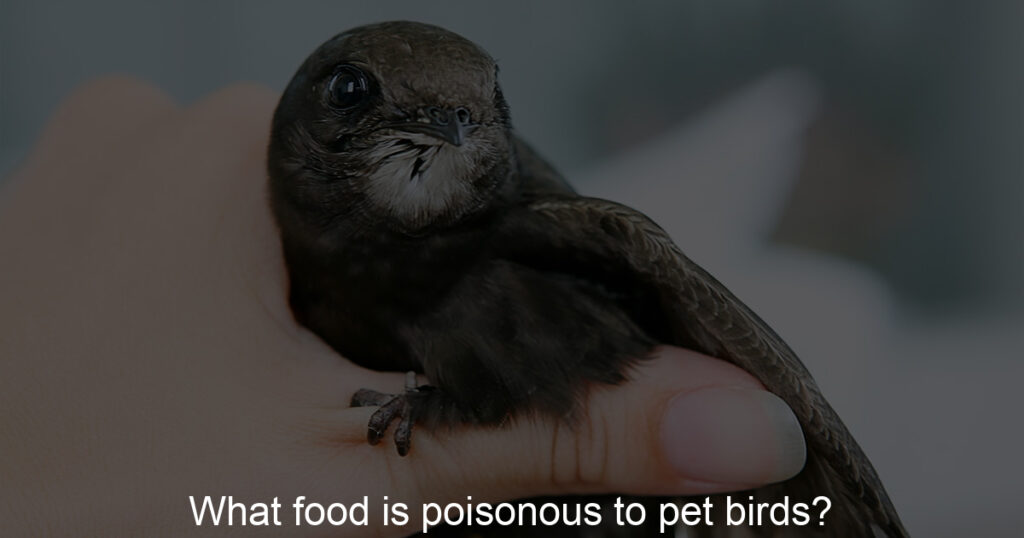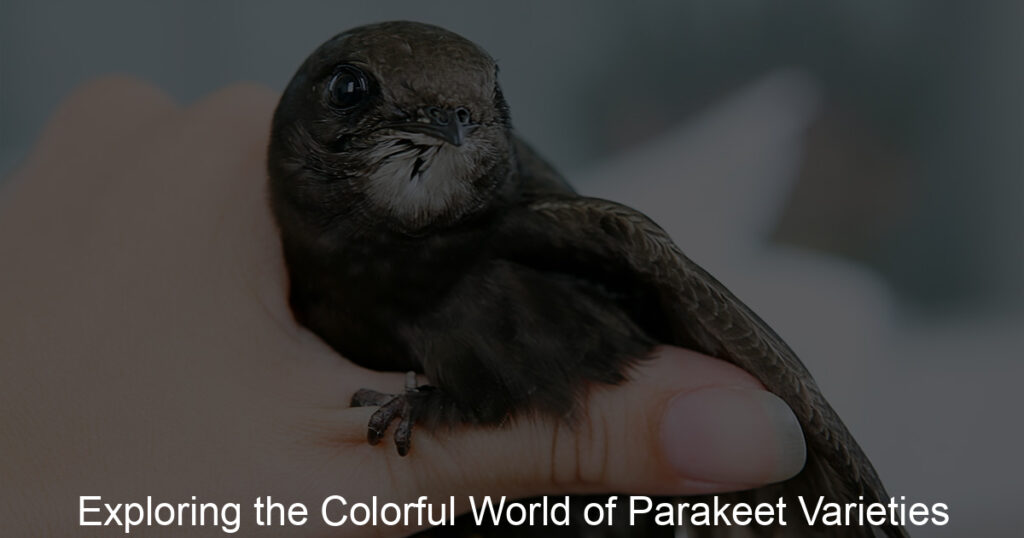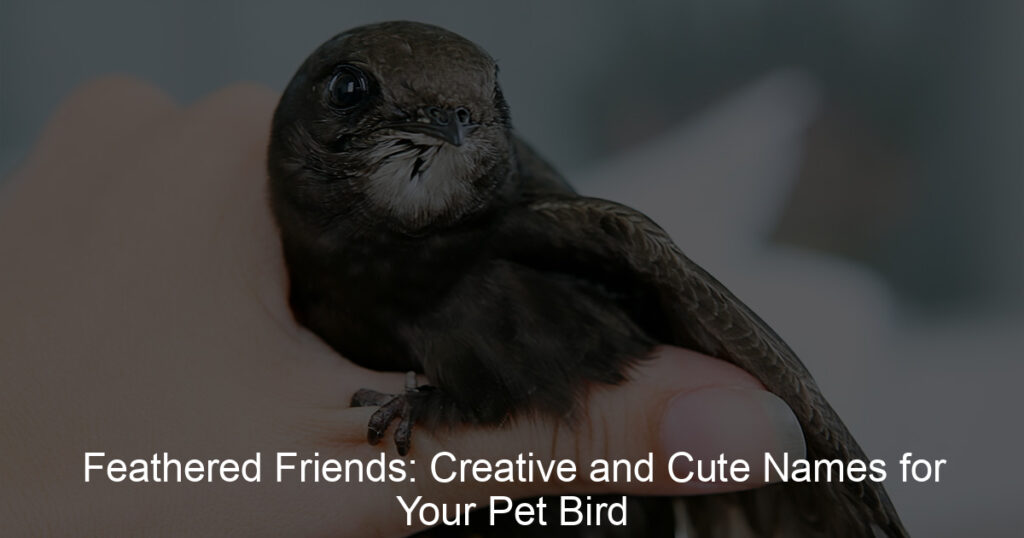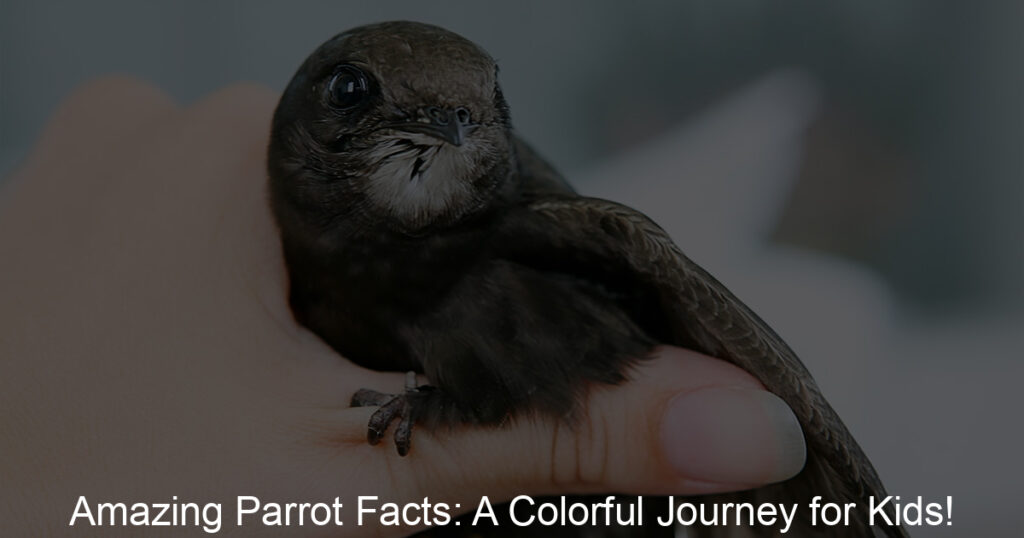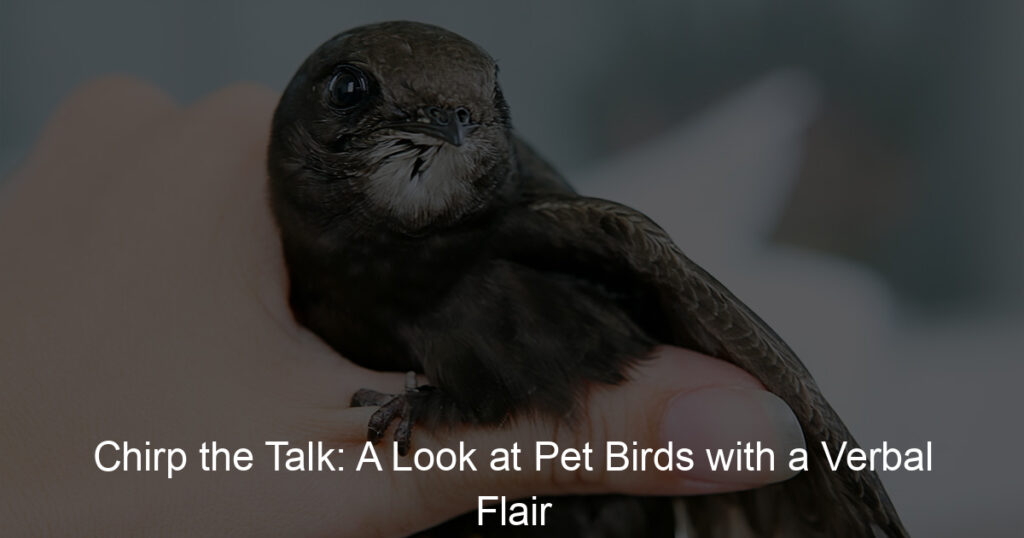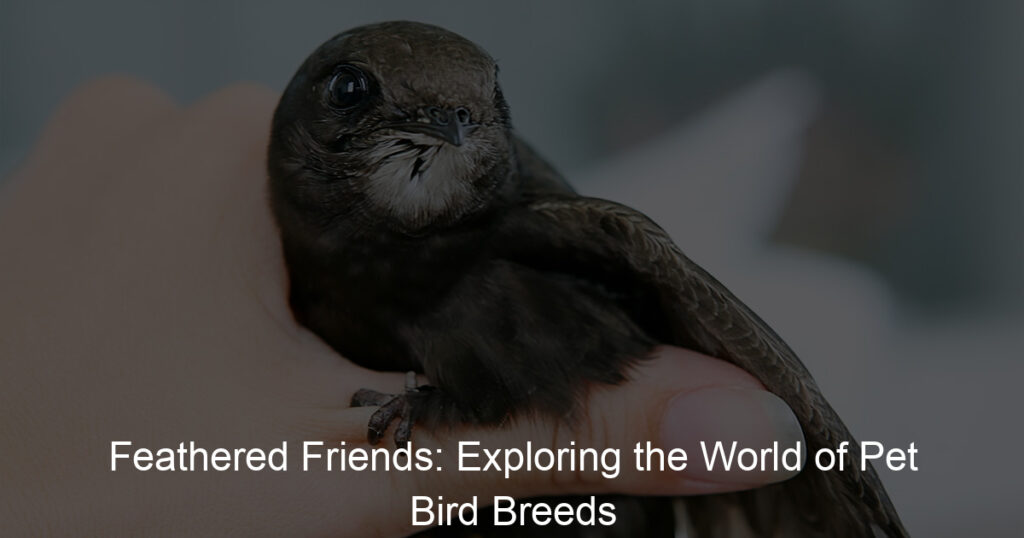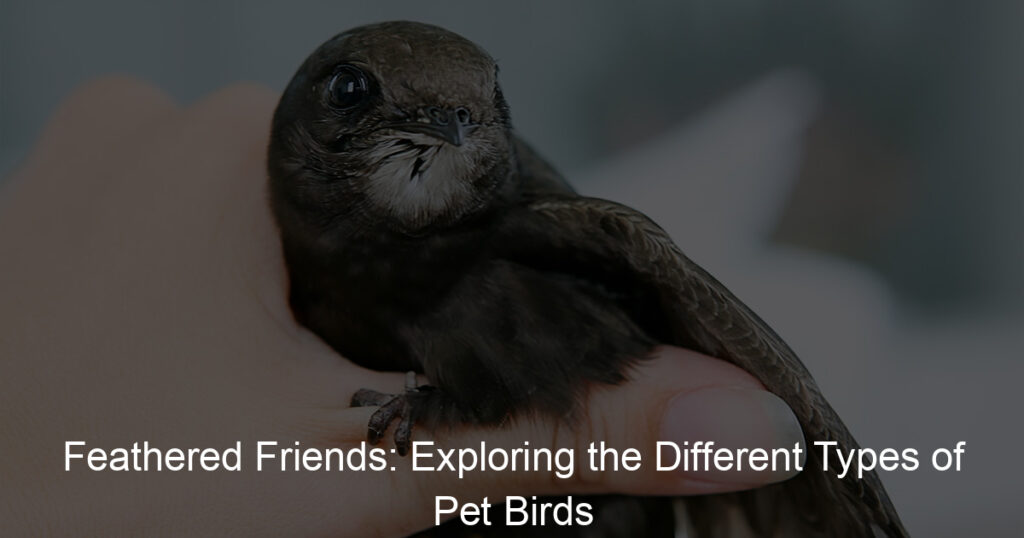When it comes to the health of our beloved pet birds, we’re always looking for ways to keep them happy and safe. Knowing which foods are safe for them — and which can be potentially toxic — is an essential piece of information that every bird owner should take seriously.
Unfortunately, some human foods can be particularly dangerous for birds, but with a little bit of knowledge, you can prevent anything unfortunate from happening. In this blog post, we’ll explore what food items are poisonous to pet birds, so that you have the information needed to keep your feathery companion healthy and happy!
What is poisonous to birds?
Did you know that many common plants, vegetables, and even some human foods can be deadly poisonous to birds? For example, chocolate, avocado, caffeine, and alcohol should all be avoided because they can cause significant problems for birds in large doses or small doses repeated over time.
Other dangerous substances include sugar substitutes such as xylitol and antifreeze (ethylene glycol). Additionally, starchy plants like potato leaves can cause digestive problems while high-fat vegetables like macadamia nuts could lead to liver damage. To be safe, it is best to avoid any potentially hazardous items if you have a pet bird in the house.
What should I not feed my bird?
When caring for a pet bird, it is important to remember that their dietary needs are not the same as ours. Though basic seed and nut mixes might be nutritious, there are many foods that could be hazardous to your pet’s health. Chocolate contains theobromine, which can cause heart problems in birds.
Fruit pits contain toxins and can cause intestinal blockages. Dairy products such as cheese should also be avoided as they can introduce bacteria or fungi into their systems. Additionally, avocado has been proven to be harmful to pets, so never feed your bird any parts of this fruit.
To keep your pet safe and healthy, it’s best to look for specially designed bird food that was formulated with their nutritional needs in mind.
Are eggs toxic to birds?
Interestingly, eggs can cause health problems in pet birds when they are fed too often or not within the proper diet. Going against conventional wisdom that you can feed a bird almost anything, eggs should actually not be a regular part of your pet bird’s diet.
Although occasional eggs as treats in rotation with other healthy foods, such as fruits and vegetables, are all right for pet birds, too much protein from only eggs can lead to health issues. This includes fatty liver disease and an imbalance of calcium that can stunt growth and cause kidney damage.
Therefore, if you own pet birds it is important to be aware of how food affects their health; eating eggs and adding even more nutrient-rich and healthier foods into their diet to provide plenty of variety is always best!
Toxic food for birds
Birds are a beautiful and integral part of the natural world. Unfortunately, human-made toxic food poses an enormous risk for birds. Unintentionally feeding birds foods like bread and processed snacks not only disrupts their natural diet but also causes illness or death due to high amounts of sugar or fat.
Additionally, pesticides on fruits and vegetables can result in dangerous levels of accumulation over time if they continue to make their way into bird diets. Ultimately, it’s essential that people understand what is safe to feed birds, so as to be good stewards of wildlife while still enjoying the pleasure that comes with interacting with feathered friends.
What poison kills birds?
One of the most devastating poisons that can kill birds is called Avitrol. This chemical is typically used by farmers to control or exterminate bird populations in a particular area, though its dangers are far-reaching for other bird species all over the world. When exposed to this poison, birds suffer violent seizures, become dizzy and disoriented, and in many cases, will die from the toxicity of it.
Unfortunately, due to its ease of application and effectiveness, there is an ongoing misuse of this poison causing massive levels of bird mortality all over the planet. To protect vulnerable avian species from catastrophic death due to Avitrol poisoning, governments and organizations around the world must continue putting policies in place that help curb the continued misuse of these dangerous chemicals.
The Bottom Line
As we have seen in this blog post, pet birds should be given food that is safe and healthy for them to eat. Many different types of food including fruits, vegetables, nuts, and seeds are great options for pet bird diets. However, some human foods can be toxic to birds so it is extremely important to know what foods to avoid when feeding your pet bird.
Some of the most common poisonous foods include chocolate, avocado, alcohol, caffeine, and onions. Pet birds should also refrain from feeding on raw meat or fish because of the potential risk of bacteria contamination.
Finally, always make sure nothing slips through the cracks and that all food for your pet bird is age-appropriate and properly prepared. Taking into account all these precautionary measures will ensure a safe and healthy diet for your feathered friend.
